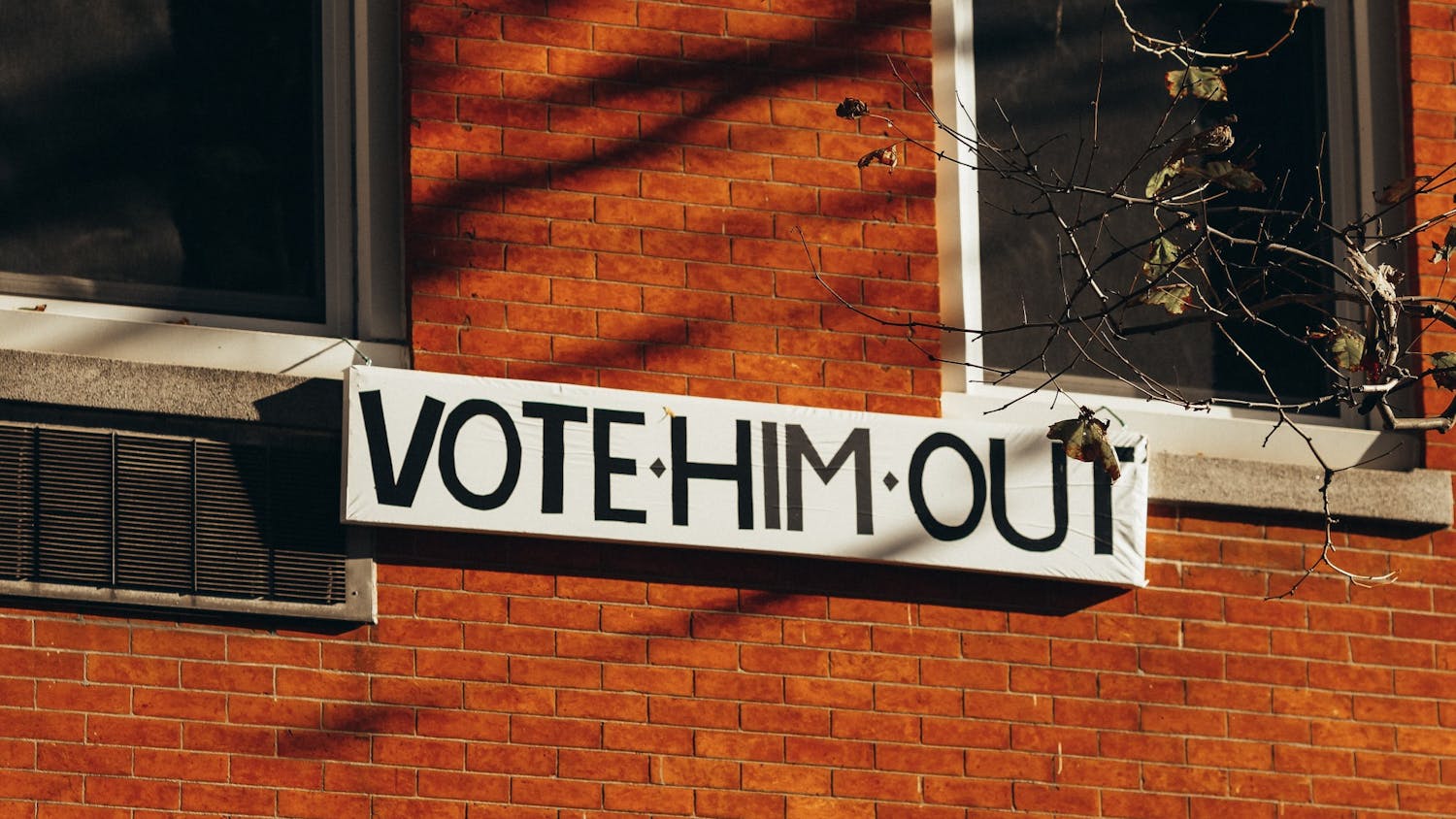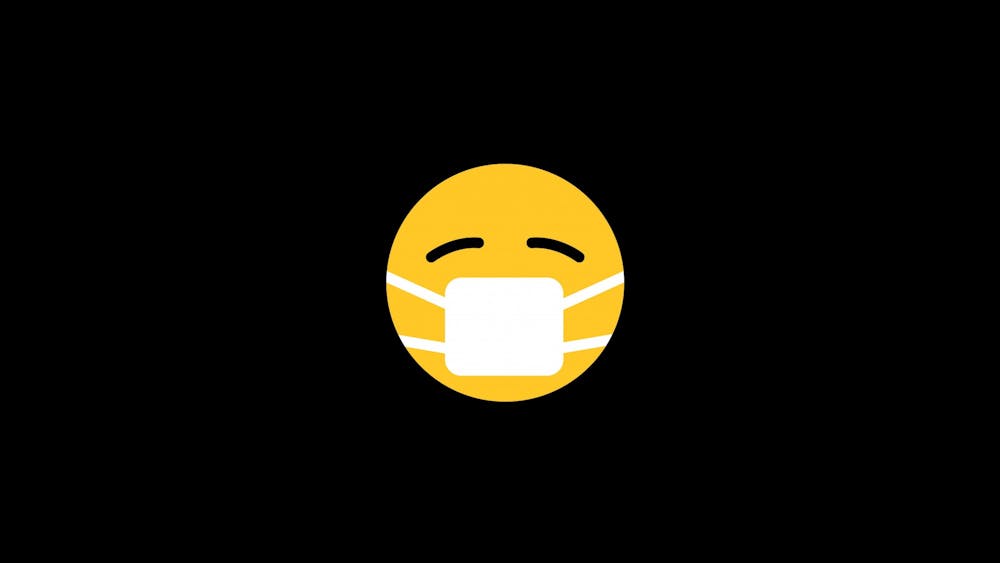The COVID-19 pandemic has surely taken a toll on us all, in one way or another. But for people with disabilities, the toll is much more complex. It’s not just the fact that they are likely in a high-risk category, or being de-prioritized in the rollout of vaccinations. It’s seeing firsthand how accommodations are made for healthy individuals, while disabled people aren’t given that same courtesy.
“The simple fact is this: accommodations are easy for healthy people when they are in danger, yet they are impossible for disabled people when we are the only ones in need,” Autumn said.
As a young woman who is disabled, she has seen the firsthand treatment of the disabled community before and during the pandemic. In fact, she has been working as a manager of a mental health clinic, in office, for 40 or more hours a week throughout the entire pandemic. She has been given little to no ability to work from home--amongst multiple coworkers getting the virus--even though a COVID-19 diagnosis could be life or death for her.
And financial instability is just one aspect of ableism within our society. Since Social Security Disability Insurance (SSDI) does not pay enough, folks have to find another source of income, usually in service or frontline jobs, leaving them especially vulnerable amidst a pandemic.
Disabled people on average are paid less than their able-bodied colleagues as well, whether that be through the sub-minimum wages companies can pay disabled folks or through a less overt way of underpaying them.
Further, paid family leave is left up to employers, and most don't offer much until a substantial amount of labor is put in for the company first; if it isn't given to healthy individuals, it likely isn't being given to those with disabilities either.
Autumn's story is not an anomaly. About 1 in 4 Americans have a disability. They’re people we know, people we love, and it may even be you. Every day, especially during this pandemic, their conditions aren’t being taken seriously and given the attention plus accommodations they need. They face discrimination in careers, in education, in health services, and more.
Autumn graciously shared one of her own experiences with discrimination in academia:
“When I was a student at the University of Michigan, I asked a professor for slight leniency on his attendance policy. At the time, I was spending the majority of my time on my bathroom floor with nausea, vomiting, and cold sweats. There were days where my vision was so badly affected that I couldn’t drive or leave the house. I provided doctors’ notes from specialists and documentation from the university’s disability office. I offered to write additional essays, read additional material, or find an alternative solution that would be mutually beneficial. The professor called me a liar, verbally abused me, and began failing me.
“His ableism and refusal to give the slightest accommodations was protected by law and the university, and I was forced to drop out as my mental and physical health continued failing."
The ableism in our society is so pervasive that people like this professor will not only deny accommodations, but will actively pursue negative action against the individual through acts of revenge. Even though- like Autumn, many disabled people in these same positions come up with alternative, mutually beneficial ways of completing whatever they’re supposed to. Even when these tasks do not place substantial extra work on people like the professor, these alternatives are often turned down.
It is exhausting for disabled people, to continually come up with and fight for alternatives that would make their lives easier to navigate, and have able-bodied people not believe or even shun those alternatives. To have to advocate for yourself and, by extension, the disabled community, every day for basic needs is not an easy task. Day in and day out, advocating that you and other disabled people are worthy of equity, are worthy of having their basic needs met, are worthy of the same compassion as able-bodied people, is no doubt, mentally and physically exhausting.
Imagine living your life like that all the time, and then a pandemic hits. Both K-12 and colleges courses all switch to online learning. Swaths of people now able to, even forced to, work at home for weeks or months on end to stop the spread. Non-disabled individuals are given these opportunities to keep themselves and their community safe, all at the snap of a finger. Of course, these measures were necessary given that the pandemic is so far-reaching and leaves devastating tolls in its place. But imagine asking for simpler accommodations, just for one person (yourself) because of a chronic ailment, and you are turned down; yet when millions of people need complex accommodations, it is deemed essential.
This is even present in the rollout of vaccines. Autumn believes this is in part because, "We often cannot feed capitalism with as much vigor as those without disabilities." Though accommodations were made for our safety, they were also made because this virus could drastically cut down the labor force; we can see this in how sectors were opened back up because it was deemed that the economy had taken more of a hit than people's health. On an individual scale, this shows up for disabled people all the time, when an institution's money in the bank matters more to them than the person's health.
Being able-bodied myself, I asked Autumn what she would tell able-bodied people who want to help make the world a better place for the disabled community.
"We need people to share in our rage and to participate in our movements. Listen, then act. Fight for us. Amplify our voices. Include us in your activism, for we are not only disabled. We are BIPOC. We are LGBTQIA+. We are immigrants. Accommodate us, include us, lift up our voices, and join us in making the future brighter," Autumn said.
We cannot go forward into an inaccessible future, because we have seen how accessibility has always been possible. It has been a choice to not provide our disabled brothers and sisters with the tools and opportunities they need to survive and to live a dignified life.
An accessible future is one where accommodations are expected, whether that be extensions or alternatives to work or school tasks, and physical accommodations for those with physical impairments. It means universal healthcare and an SSDI program that actually gives disabled people the financial support they need. Understanding that mobility can change for a disabled person day to day is something we all must learn, as there is incredible stigma against "invisible" disabilities that don't manifest starkly to the public every day.
Captioning in media needs to be a norm, whether it’s captioning on videos and movies or image descriptions for those who cannot view them. And of course, representation of the disabled community in every walk of life, not just about their struggles but about their joy and about the unique stories they hold.
We must do better for the disabled community. We cannot continue to stand idly by when we can see this happening in front of us. If the pandemic is to teach us anything, it is that we need to provide compassion and understanding to those around us, especially those who have been overlooked by society.
I’ll leave you with this quote from Autumn, "I need people to understand that ableism is not only uncomfortable and traumatizing. It is violent, it is deadly, and it is killing us,"










